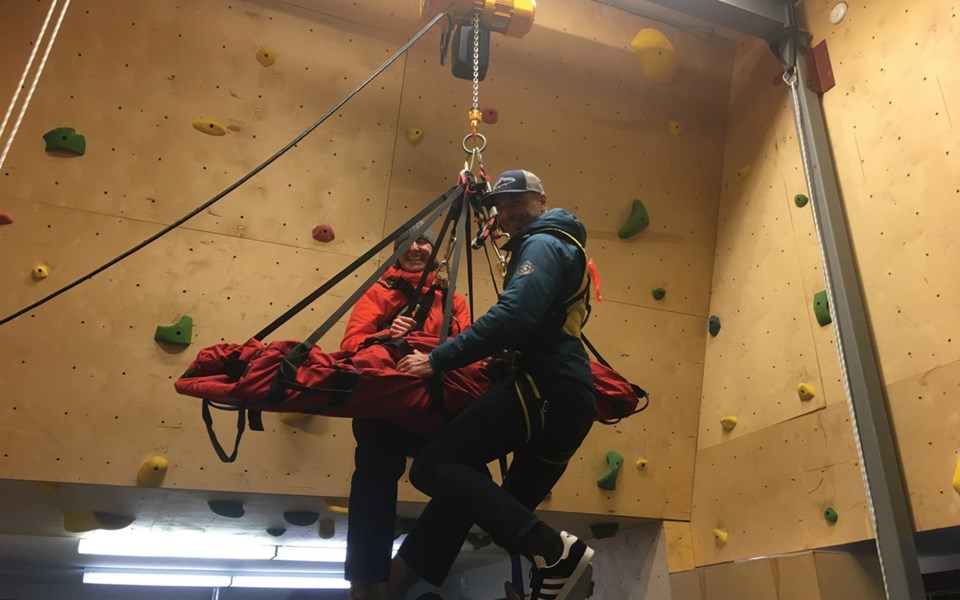Being a part of a search-and-rescue team can expose you to a host of situations that can challenge your mental wellbeing.
And while in the old days, it may have been common to simply "forget about it" and move on, things are drastically different today.
Since 2007, the BC Search and Rescue Association (BCSARA) has been growing its Critical Incident Stress Management Program (CISM). It aims to mitigate the negative effects that can stem from critical incidents, which BCSARA describes as powerful events that can create "significant, strong, emotional reactions" and overwhelm an individual's ability to cope.
Brad Sills, manager of Whistler Search and Rescue (WSAR), sees tremendous value in the program, which the team has embraced over the last several years.
"If you can deal with the stress of some of the things we see immediately and, in your brain, seek to understand them for what they are, then I think (that) preserves your mental health down the road," he explained.
For critical incidents—such as body recoveries—WSAR embraces "diffusions" or debriefs, one of a number of interventions offered through the program.
The sessions are run by trained search-and-rescue members, or individuals with related agencies that have received CISM training.
"We've adopted it into the culture now," said Sills.
WSAR currently has two team members who are trained to administer diffusions.
(If they are on a call, someone from an outside agency, such as the RCMP, is called in.)
Sills sees value in having team members carry out the sessions.
"These are fellow members that know each other really well," he said. "We all work together. It's much easier to phone somebody and say, 'Hey that call today was really disturbing, I think we should talk about it.'"
Search-and-rescue volunteers can feel a misplaced sense of guilt when rescues are not successful, said Sills. "I think it's human nature to find a certain amount of guilt associated with some of the things you see, even though there shouldn't be any," he said. "It's unfortunate that we can't save everybody."
Tony DelBosco—whose day-job is with Whistler Fire Rescue Service—said there is strong support for the program amongst WSAR members, something he attributes to a larger cultural shift in North America.
"I would say there is good buy-in, because (mental health) is getting a lot more attention within the workplace and the media in general, and I think we are seeing the positive effects of that," he said.
DelBosco added that he feels his role as a current search-and-rescue volunteer is an asset during the diffusions, which last between one and two hours.
"You haven't been there on the actual incident, but through the years you've experienced situations that are similar," he explained. "They are not speaking with someone who really has no idea what they are partaking in ... we definitely have a good idea, on a day-to-day basis, of what goes on in the (Whistler) valley."
Anne Kennedy—who received her CISM training through Whistler Blackcomb ski patrol—said the goal of the diffusions is to get people talking and identify people who may need further support.
"It basically gets the group together to talk about the event," she said. "It's confidential, and there are no notes taken ... The whole goal is to get people talking as the first stage of healing after a stressful event."
The days when you would just "finish up the call and go home" are over, said Sills, adding that the province has been a strong supporter of the program over the years.
Like technical debriefs—where teams get together and discuss the logistics of individual rescues and ways to improve—diffusions are now considered a requisite part of the most-serious calls that WSAR responds to, explained Sills.
"You have to do it; the same way you have to put away your gear at the end of the call," he said. "We have to clean things—and we have to make our minds clean again."




